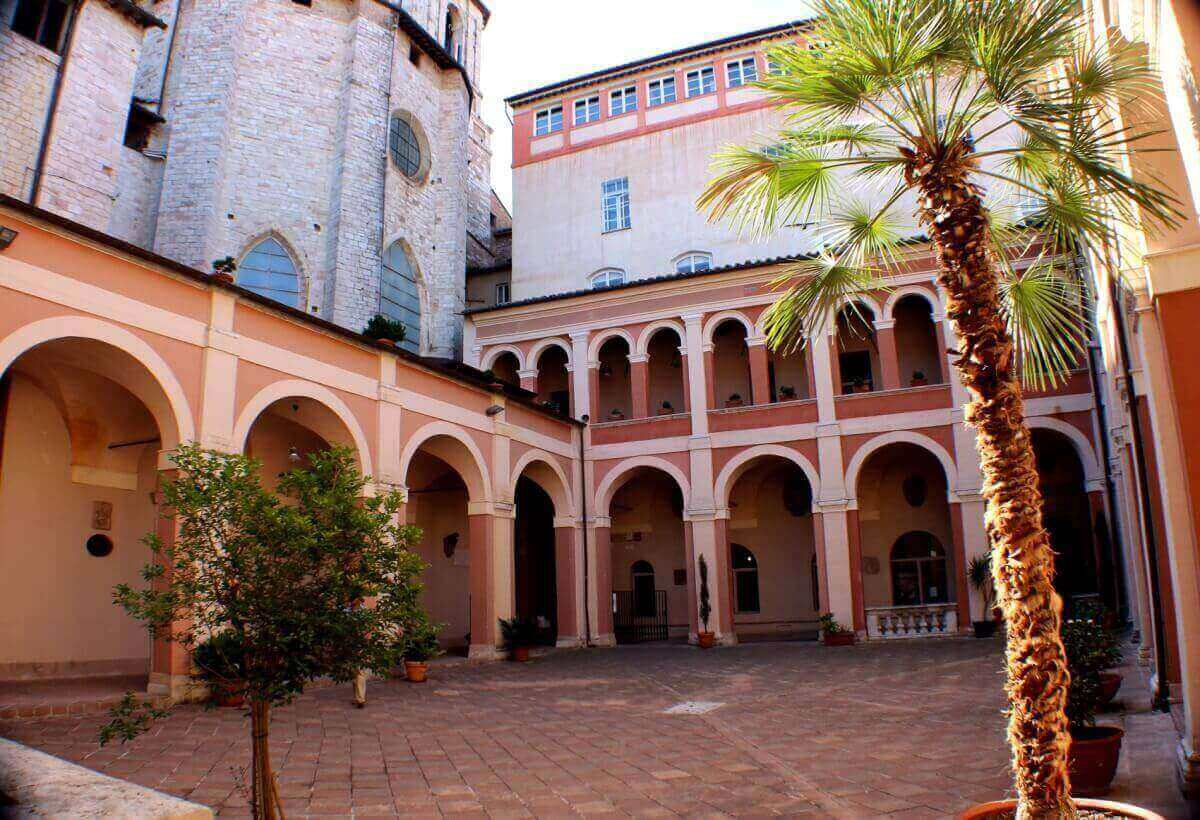ARCH / CLAS 350: Archaeological Field Workshop
Notes: This course was formerly ARFW 350
This is one of two mandatory courses for the TRASIMENO ARCHAEOLOGY FIELD SCHOOL
Course Description
All modern archaeology begins with a wide range of non-destructive reconnaissance techniques to locate and characterize archaeological sites (e.g., aerial imagery, geophysical prospection, and intensive survey). By mapping and recording previously unknown and undocumented sites, we help preserve the past from destruction by development and looting. This is ethically responsible and sustainable archaeology. After data has been collected (through survey, digging or both), it is processed and studied to form a coherent narrative that explains the history of a site as we have come to know it, and is then openly shared through publication.
The Trasimeno Archaeology Field School aims to structure a long-term project, based on this holistic approach to current strategies of research.
At the site, you will learn how to design an archaeological survey and how to use sophisticated GPS (Global Positioning System) equipment in conjunction with computerized mapping techniques (GIS) to document the location of archaeological finds. Based on these results, fieldwork may include stratigraphic excavation. In the next step, you will also learn how to process, analyze, and interpret materials collected from the survey (or possible excavation).
Daily activities for the archaeological practicum include lectures, demonstrations, and hands-on practice from pre-fieldwork preparation to post-fieldwork processing of data, including work with ceramics and other small finds. Field trips led by the faculty will take students to other archaeological sites and museums, providing historical and geographical context to the field training.
Course Objectives
In this course, you will learn about:
- Archaeological field methods;
- Problems faced by the preservation of the archaeological record;
- How to "read" material remains of the ancient Roman world.
Service Learning Project
In accordance to Umbra Institute’s philosophy, one of the Trasimeno Archaeology Field School goals is to create a stronger and more productive bond with the local community. For this reason, part of the course will be spent in building long-term cooperation with all actors who are interested in the recovery and development of the archaeological heritage of the region.
Course Materials
Mandatory course reader. Tools for field work will be available on site.


